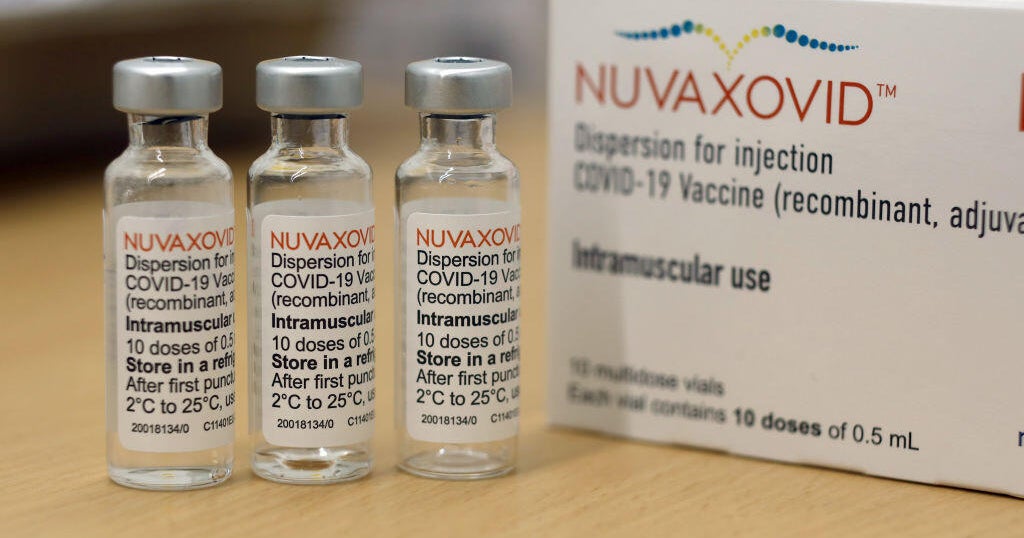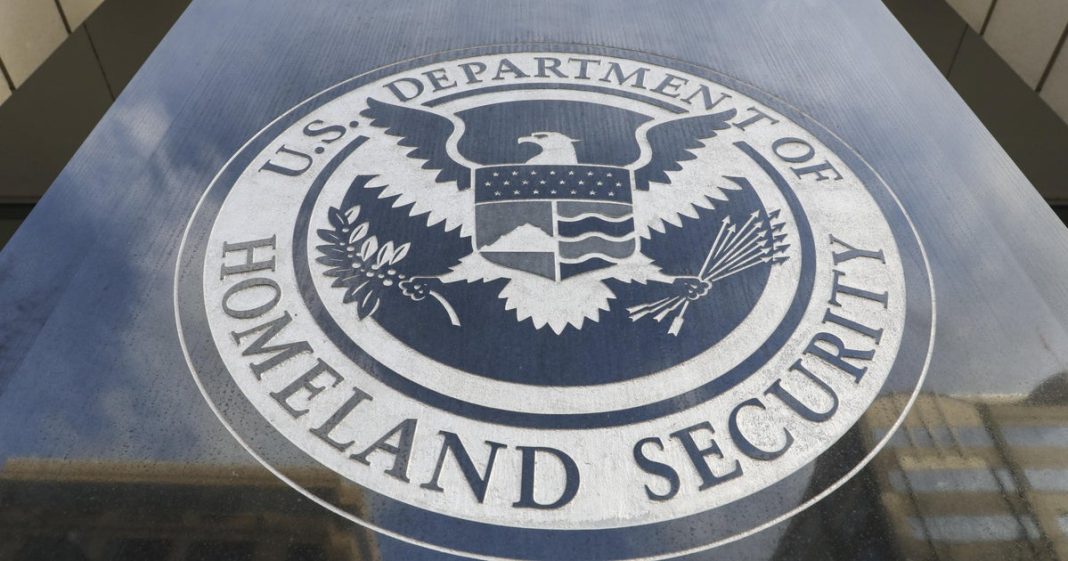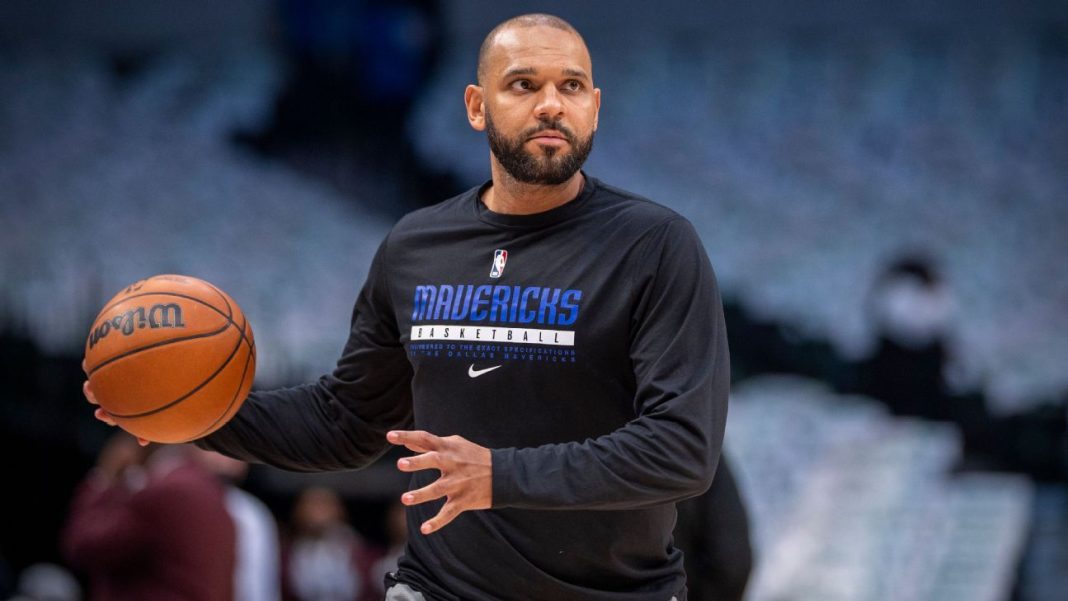Top-ranking Food and Drug Administration officials picked by the Trump administration under Health and Human Services Secretary Robert F. Kennedy Jr. overrode career staff at the agency to limit the approvals of COVID-19 shots from Novavax and Moderna, according to records released by the FDA.
In a memorandum following Novavax’s approval in May, which narrowed the shot’s label to only seniors ages 65 and older and others at-risk of severe disease, the FDA’s Dr. Vinay Prasad said that he disagreed with the agency’s career vaccine reviewers.
Prasad was named earlier this year to replace Dr. Peter Marks, the longtime head of the agency’s center regulating vaccines and other biologics, who was ousted under Kennedy. Prasad was later elevated to the FDA’s chief medical and scientific officer as well, absorbing the roles of other top-ranking FDA officials who were removed or left under the Trump administration.
Novavax had applied for a license for its shot to prevent COVID-19 for anyone over 12 years old, effectively converting it to a traditional approval from the emergency use authorizations the FDA had granted to the vaccine during the pandemic to allow its use at the time.
Prasad wrote that he questioned the data submitted by Novavax, said COVID-19’s risk of severe disease had dropped in the U.S. population, and cited safety concerns that he said “fundamentally alters the benefit-risk calculation in non-high-risk individuals.”
“The decrease in the chance of developing severe COVID-19, means that the potential for absolute benefit from vaccination has simultaneously decreased. Even rare vaccination-related harms, both known and unknown, now have a higher chance of outweighing potential benefits in non-high-risk populations,” Prasad wrote.
A separate memo released by the agency from Captain Edward Wolfgang, chair of the review team for Novavax’s shot, said the changes for who should be approved to get the vaccine followed requests by Prasad and the special assistant to the FDA commissioner.
The agency’s career scientists had initially concluded on April 1 that Novavax’s data submitted in its Biologics License Application, or BLA, and COVID-19’s ongoing public health threat warranted broad approval for use in everyone ages 12 and older.
“The data submitted with this BLA indicate the safety and efficacy of a single dose of Nuvaxovid (2024-2025 Formula) meet the statutory requirements to support its use in individuals 12 years of age and older to prevent COVID-19 caused by SARS-CoV-2,” they concluded.
Documents released last month about the approval of Moderna’s new COVID-19 vaccine for only seniors ages 65 and older and others with at least one underlying condition down to age 12 outline a rationale similar to the one Prasad used in his decision about the Novavax shot.
“The review team has done a commendable job in summarizing and analyzing the submission to date. Nevertheless, I disagree with certain aspects of their conclusions and instead reach the conclusion described below,” Prasad wrote in his memo for Moderna’s approval, dated May 30 and titled “CENTER DIRECTOR OVERRIDE MEMO.”
The New York Times previously reported that the FDA had released the documents. Trade publication Pink Sheet previously reported that Prasad and his aides had blocked agency plans to grant a broad license for Novavax’s vaccine, delaying its approval.
Under Marks, Prasad’s predecessor, it was uncommon but not unheard of for the head of the Center for Biologics Evaluation and Research to intervene in the decisions to green-light vaccines. But it is virtually unprecedented for the FDA commissioner or his political appointees to step in to directly intervene or question traditional approval decisions, FDA officials have said.
“The tradition in 99.95% of FDA decisions about individual products is that those decisions are made by career civil servants. The commissioner actually has no role in that, unless there’s an internal dissent and an appeal, or in some cases, an external appeal that makes it all the way up to the commissioner level,” Dr. Robert Califf, then the FDA commissioner under the Biden administration, had said at an event last year.
In past criticism of the agency, FDA Commissioner Dr. Marty Makary has often cited a move by Marks to green-light booster shots during the COVID-19 pandemic that led to the ouster of two top career vaccines officials, who questioned the decision. One of those former FDA officials — Dr. Phil Krause — is also now criticizing moves by Makary and his aides as threatening to erode the agency’s credibility.
Agency leaders under Kennedy have made other unprecedented moves in recent months to wrest control over the nation’s vaccines process.
Months before Kennedy fired the Centers for Disease Control and Prevention’s influential vaccine advisory committee and replaced them with his own picks, the FDA replaced the career official who usually works as liaisons to the CDC panel with Dr. Tracy Beth Hoeg.
Hoeg is the special assistant to the FDA commissioner. Along with Makary, Hoeg questioned the agency’s approach to approving vaccines during the COVID-19 pandemic.
A spokesperson for the Department of Health and Human Services, which has largely replaced the agency’s career media relations staff who were mostly laid off in April, rejected the characterization of Prasad overruling FDA scientists as “a distortion of the facts.”
“He evaluated the totality of the evidence and made a judgment rooted in gold standard science. That’s not political — it’s what principled leadership looks like,” the spokesperson said in a statement.
The spokesperson said the FDA “will continue to follow the science and use evidence-based decision-making,” echoing frustrations voiced by Prasad and others picked by Kennedy about using long COVID to justify vaccine approvals, backing boosters for healthy young adults and the desire to bring U.S. vaccine policy in line with other countries.
Makary and Prasad also made this argument in May, after they announced a new “framework” that would limit all COVID-19 vaccine approvals to only seniors and others at-risk, unless vaccine makers were able to generate new clinical trial data.
“Dr. Prasad is correcting course with data, with transparency, and with the courage to say what others won’t. That’s how trust in science is rebuilt,” the HHS spokesperson said.
The FDA’s approvals decide whether vaccinemakers are allowed to sell their shots in the U.S. market at all. Those approvals are usually followed by CDC recommendations on how they should be used, which are influential because they are tied to federal policies that enable access to vaccines, like guaranteeing insurance coverage.
Health care providers are also allowed to give vaccines “off-label” outside of the FDA’s label and CDC recommendations, once the FDA has approved sales, though that risks running afoul of insurance coverage and liability protections.




